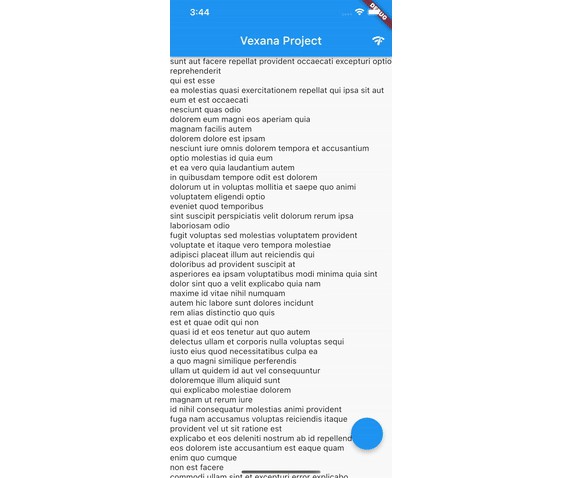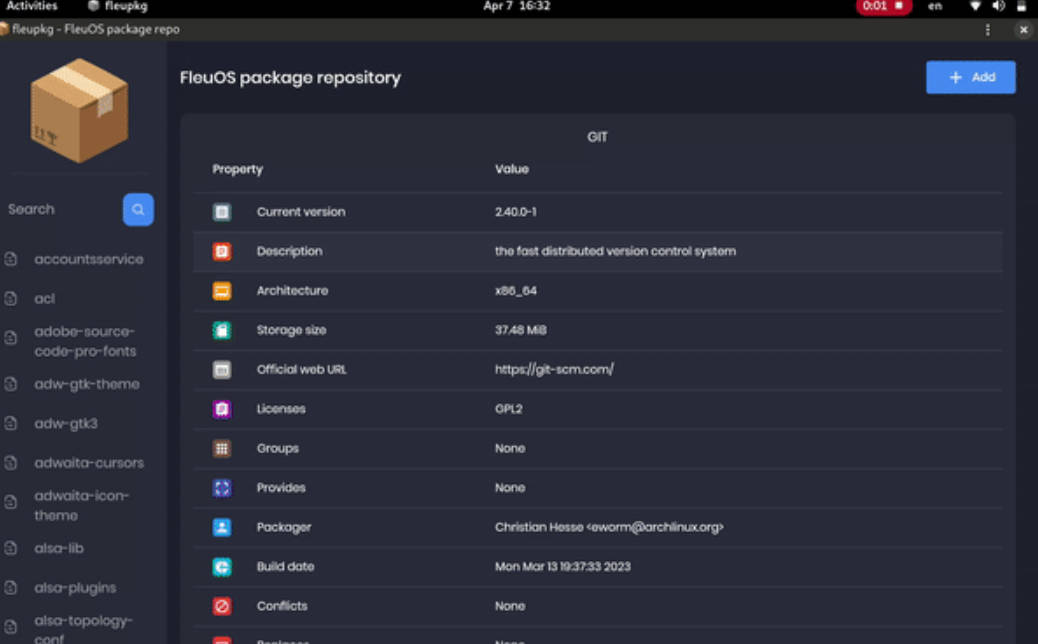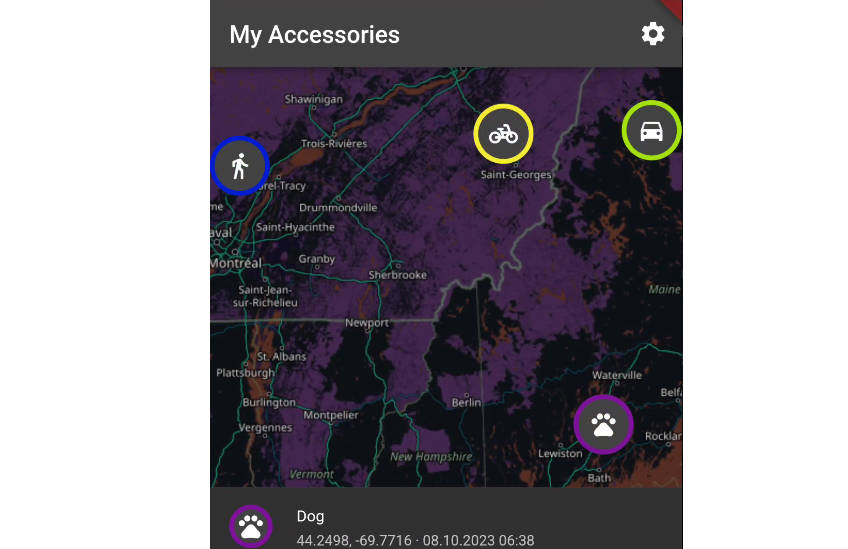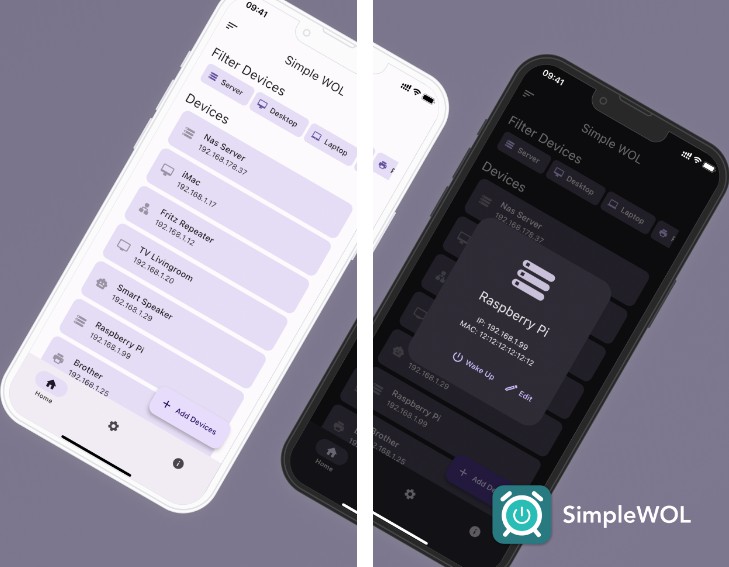Applications with basic implementation will be able to access dashboards for network requests made by this library.
Features
Dashboard open
Once the implementation is complete, you can just call the open function with the inspector instance.
InspectorManager.open();
Dashboard open with shake
The dashboard can also be opened by shaking.
NetworkDetailView(
isEnableShake: true,
child: MaterialApp(
..
),);
Getting started
It’s as simple as implementing these steps in the package you’re using. Basically, it watches your network requests.
You must install Vexana before you can use this package.
Usage
Add widgets that represent your root view or what you want to listen to. After that, create a material widget with a navigation observer property.
class MyApp extends StatelessWidget {
const MyApp({super.key});
@override
Widget build(BuildContext context) {
return NetworkDetailView(
isEnableShake: true,
child: MaterialApp(
navigatorObservers: [InspectorManager.navigatorObserver],
title: 'Material App',
home: const JsonPlaceHolder(),
),
);
}
}
This code can [InspectorManager.open();] the dashboard anywhere, for example, on double tapping or right swiping.
@override
Widget build(BuildContext context) {
return GestureDetector(
onHorizontalDragEnd: (DragEndDetails details) {
final velocity = details.primaryVelocity ?? 0;
if (velocity > 0) {
// User swiped Left
} else if (velocity < 0) {
// User swiped Right
InspectorManager.open();
}
},
onTertiaryTapUp: (tapDetails) {
InspectorManager.open();
},
child: Scaffold(
floatingActionButton: FloatingActionButton(
onPressed: () {
getAllPosts();
// InspectorManager.open();
},
),
appBar: buildAppBar(),
body: buildListView(),
),
);
}
Additional information
Please add your thoughts to an issue or PR review and I will merge it as soon as possible.





